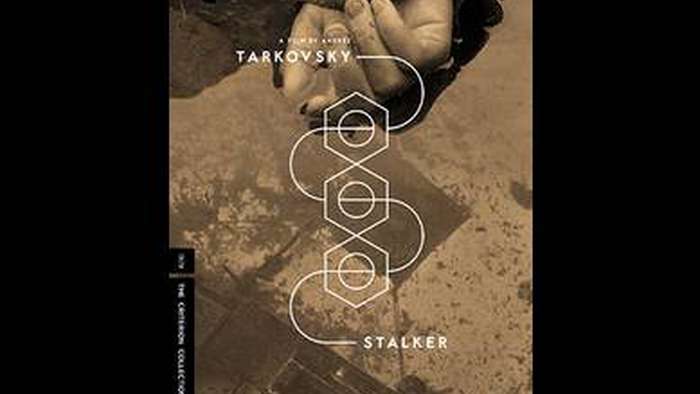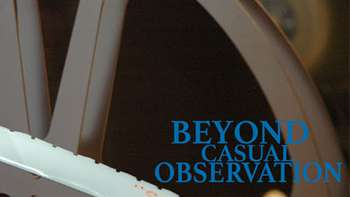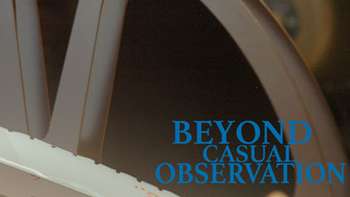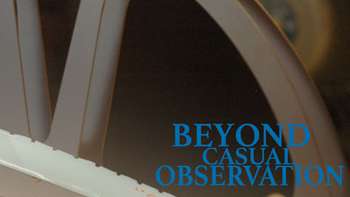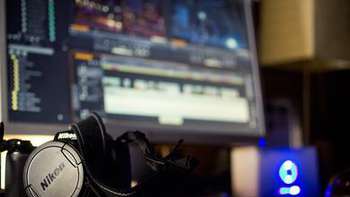This edition of “Beyond Casual Observation” faced a unique challenge in that I could not easily find Andrei Tarkovsky’s Stalker, but luckily Criterion is releasing a new edition and theaters in the area have been screening it.

Certainly not an easy film to recommend to a general audience, Stalker is a compelling film to hear others passionately discuss.
After studying music and later moving to film studies, Tarkovsky emerged from the Russian film world with the acclaimed Ivan’s Childhood. Stepping forward in time, Tarkovsky proceeded with a loose adaptation of "Roadside Picnic" by Arkady and Boris Strugatsky. This film, Stalker, would be the last film Tarkovsky completed in the Soviet Union.
I expected Stalker to have intense presence. Russian cinema has an incredible history and made essential contributions to the art as we know it. Also, I was mystified when I read that most of the film was re-shot amidst issues developing the original film, and some general displeasure from Tarkovsky on the film's look with its initial cinematographer.
The film’s seduction emanates from the theme as much as anything else visual or aural. The action reinforces and, with the very deliberate dialogue, makes clear the soul of the film. There are no side adventures or distractions to overtake the viewer that do not relate to the theme and push our main characters closer to ultimate manifestation of the theme in its penultimate scenes. Certainly there is historical context throughout the picture for those familiar with the time and place. I am sure I missed things that other people would question, missed symbolism and ways in which the look, or composition contributes to the film's theme on a deeper level. Admitting that, I feel that Stalker presents the film's complex issues very clearly and attempts to sort through them with relatable characters in an environment whose subtle nuanced differences from ours is presented to the viewer through a seemingly naturalistic sound design.
I did expect more in the sound design and scoring but, like the picture itself, I was hit in a different way than expected. The film is not flashy, and though the world the characters venture to is intended to be mysterious, not much of that is coded in the sound (which is certainly fine) the way we might expect it to be. Though the loudest sounds do occur in the struggle to get to their destination in the first part, and in the subsequent train car ride to that location (which I think is relevant to mention), it is the disconnect of the sound from the world that gives the viewer the sense of the world. However, what can be taken from sounds in this film are the ways in which we as viewers accepts the sounds as familiar information, though the lack of visual reinforcement of many sounds is the films deepest aural effect. The pace and length of the scenes becomes appropriate when mining the subtleties in the sound. The viewer can be as lost as our travelers and not even fully realize it, thus appropriately complimenting the picture.
After watching Stalker and searching around the internet for the answer to a soundtrack, I found a splendid release from Superior Viaduct that features soundtracks by Eduard Artemiev for two of Tarkovsky’s films: The Mirror and Stalker. Recommend!
There has been a lot written about this film, and much to be read surrounding the making of the film and of Tarkovsky. As always, discuss in the comments if you have seen Stalker!
